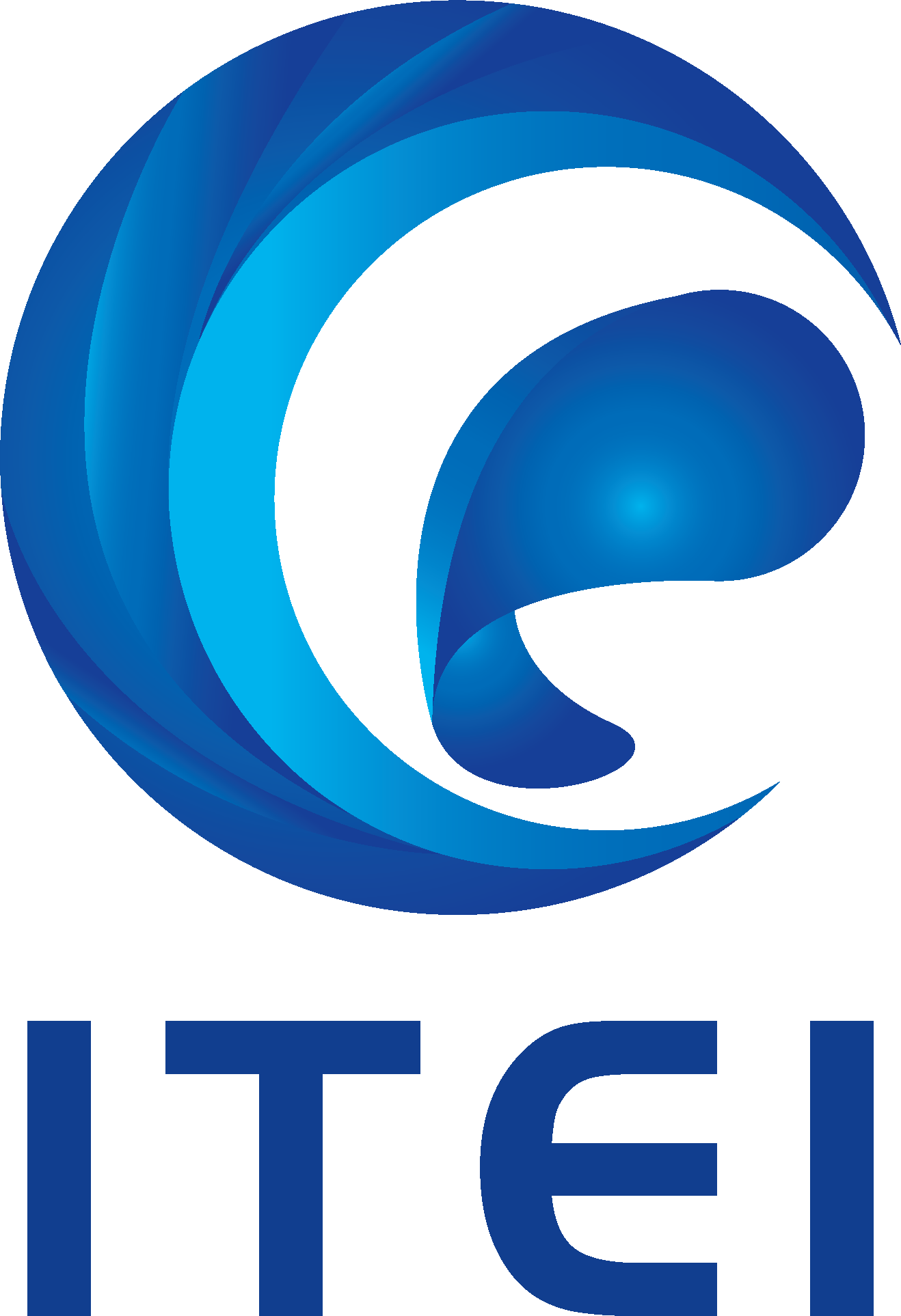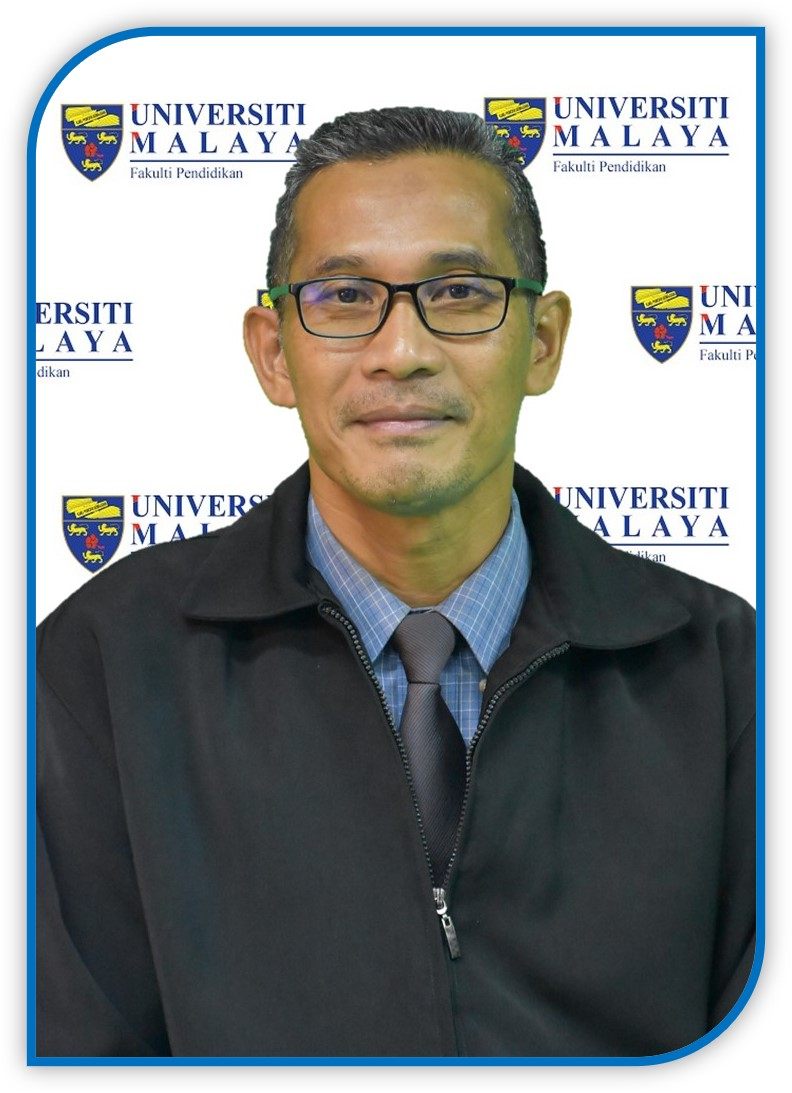
Speakers

Prof. Zehui Zhan
School of Information Technology in Education, South China Normal University, China
Research Area:Learning science, STEAM, innovation and entrepreneurship education
Brief:
Zehui Zhan, Ph.D., Professor, Doctoral Supervisor, Youth Pearl River Scholar, Hong Kong Scholar, PI of the smart educational equipment industry-university-research cooperation base. Her Doctoral dissertation is about blended learning, which has been nominated as the national 100 excellent doctoral dissertations in China. She has published more than 70 papers and two textbooks in the field, and got other honors such as the annual award of youth excellent universities teacher from Fok Yingdong Education Foundation and Ministry of Education, the title of best teachers achieving highest teaching quality, and the first prize of national education software competition.
Title of Keynote Speech:
C-STEAM Education and Technology-supported Pedagogical Innovation
Abstract:
C-STEAM is a typical kind of transdisciplinary education, with the goals of inheriting outstanding traditional culture and fostering learners’ STEAM competency. Educational collaboration plays a vital role in fostering STEAM innovation and is an essential force in promoting regional educational integration. This presentation introduced a technology-enhanced C-STEAM collaboration model and verified its effects through cross-regional inter-school collaboration in the in the Guangdong-Hong Kong-Macao Greater Bay Area.

Prof. Longkai Wu
Faculty of Artificial Intelligence in Education, Central China Normal University, China
Research Area: Artificial Intelligence in Education, Intelligent Education Evaluation, Policy Recommendations and Practices on Educational Informatisation and Digitization
Brief:
Longkai Wu is a professor and PhD supervisor at the National Engineering Research Centre for E-Learning & MOE Educational Informatisation Strategy Research Base, Faculty of Artificial Intelligence in Education, Central China Normal University, Wuhan, China. He holds a Doctor of Philosophy degree in Learning Science and Technology from Nanyang Technological University (NTU), Singapore. His research interests include Artificial Intelligence in Education, Virtual and Augmented Reality, Formal and Informal Learning, STEM, Learning by Inquiry, Information Technology and Policy in Education. He is the leading Principle Investigator of a key project funded by the National Social Science Fund of China, and he has also led and co-led several Singapore National Research Foundation and Ministry of Education funded research projects totaling over S$3 million. He has led the publication of four books and published over 100 international journal articles, international book chapters and top conference papers. He is also program committee member for international conferences organized by IEEE Technical Committee on Learning Technology, International AI & Education Society, Asia-Pacific Society of Computers in Education, and Global Chinese Society on Computers in Education.
Title of Keynote Speech:
New Opportunities, Pathways, and Challenges in the Era of "Artificial Intelligence + Education"
Abstract:
In the context of the era of "Artificial Intelligence + Education," this presentation will analyze the opportunities that technological change presents for educational innovation. Grounded in both theory and practice, it will delve into the new pathways of artificial intelligence, focusing on six dimensions: environment, methods, resources, teachers, evaluation, and governance, all of which contribute to the transformative changes in education. Lastly, the presentation will address the new challenges and offer suggestions for the development of "Artificial Intelligence + Education," with the aim of collaboratively constructing a promising new ecosystem for education in the future.

Assoc. Prof. Wan Mee Ng
University of Technology Sydney, Australia
Research Area:STEM education and the integrative impact of STEM ( the use of technology, both digital (particulalry mobile technology) and design technology to support teaching and learning at all levels of education)
Brief:
Associate Professor Wan Ng is Director of the STEM Education Futures Research Center at the University of Technology Sydney. Before joining UTS, she worked at La Trobe University and the University of New South Wales, undertaking roles such as Associate Dean (International), Faculty Chair of Human Ethics Committee and School Research Coordinator. Prior to beginning an academic career in Education in 2002, Wan worked as a postdoctoral research fellow in Biochemistry at Monash University for two years and taught in schools for about 10 years. Her contributions to the wider educational community include being a member of the VCE Chemistry exam setting and assessment panel for VCAA, a science professional development leader for DET (Vic), co-director of the Victorian Science Talent Search, Council member of the Science Teachers' Association of Victoria (STAV) and advisory committee member of the Victorian Specialist Mathematics & Science Centre (Quantum Victoria) and the Victorian Space Science Education Centre.
Wan researchers in the area of STEM education and the integrative impact of STEM. She is interested in the use of technology, both digital (particulalry mobile technology) and design technology to support teaching and learning at all levels of education. She is interested in how young people interact to learn with technology, the empowerment of the individual through digital literacy and multiliteracies which are important aspects of an individual’spersonal development and lifelong learning, as well as in sustainable pedagogy enabled by technology that brings about effective learning and skills development in students. These works largely underpin her research in science education, gifted education, higher education and teachers’ work. Wan has attracted numerous federal, state and university grants and consultancy work for innovative projects in the area of STEM education. Her most recent project is the multi-institutional Australian government-funded $1.63 million project titled Smart Science Initiative that is based on an adaptive and gamified personalised learning environment for school science learning (http://www.smartscience.com.au/evaluation/). Wan has written widely for an international audience, her most recent publications include two sole-authored books titled Empowering Scientific Literacythrough Digital Literacy and Multiliteracies and New Technology in Education: Conceptualising Professional Learning for Educators. She has also edited/co-edited two books on mobile learning titled Mobile Technologies and Handheld Devices for Ubiquitous Learning: Research and Pedagogy and Sustaining Mobile Learning: Theory, Research and Practice.
Title of Keynote Speech:
Online facilitated Project-based Learning in STEAM education
Abstract:
As our society moves from an industrialised age to a knowledge age, repetitive tasks are overtaken by technology and the 21st century economy is reliant on knowledge and innovative ideas across interdisciplinary paradigms for economic growth. Innovations in Science, Technology, Engineering and Mathematics (STEM) propel the economic growth of a nation. To be innovative requires knowledge across STEM and other key disciplines that facilitate creativity (thinking laterally and outside the box) and for new and novel ideas to emerge. Traditional STEM education focuses on content knowledge and students’ ability to do well in exams, which in itself is insufficient to promote critical thinking and creativity to solve society’s problems. Social issues such as human needs and wellness; environmental and earth health; and workforce transformation due to scientific and technological advancements require knowledge in STEM as well as an understanding of the Arts/Humanities concepts and skills, (such as empathy, ethics, aesthetics, resilience, teamwork and communication) to solve. The American National Academies of Sciences, Engineering and Medicine1 indicates that real world problems are interdisciplinary problems and advocates that solving them often involves the integration of knowledge from across disciplines, as well as a range of skills such as critical and creative thinking skills, problem solving skills, inquiry skills (asking the right questions at the right time), communicative skills and skills to work collaboratively and contribute to teams. Understanding the social, economic, political and environmental implications of STEM-related projects is an aspect of interdisciplinary STEAM1 . The future workforce that our current school students will face requires them to be able to draw on various STEAM skills and knowledge to successfully thrive in workplaces that are increasingly technologically as well as project and problem-based.
This presentation aims to discuss project-based learning facilitated by the Internet and situated in online platforms to bring about teaching and engaging students in interdisciplinary learning as well as authentic problem-solving undertakings in STEAM education. Due to STEAM’s real-world focus of interdisciplinary learning, and its generally open and collaborative nature of project-based learning, Internet facilitated project-based problem-solving education potentially caters to the diversity of students in everyday classrooms. Apart from consolidating knowledge acquired in the classrooms, students develop soft skills that include creative thinking, teamwork and social skills, communication and presentation skills as well as leadership skills. These skills are essential for their future employment in the workplace.
The presentation will define STEAM education, the elements of project-based learning as well as providing examples of authentic Internet facilitated project-based learning.
STEAM: Science, Technology, Engineering, Arts/Humanities and Mathematics

Assoc. Prof. Dr. Muhammad Faizal A. Ghani
Head of Department
Faculty of Education, Universiti Malaya, Malaysia
Research Area: Educational Leadership (Management & Administration) and Educational Finance
Brief:
He is an Associate Professor in the Department of Educational Management, Administration and Policy, Faculty of Education, University of Malaya, Kuala Lumpur. Her expertise is Educational Leadership focusing on Educational Management and Administration, and School Finance. His expertise is for the benefit of society by sharing some academic knowledge, skills, and value in the forms of reading material such as publishing 15 academic books, 40 proceeding and 217 articles. His latest academic book entitled “Professional Learning Communities: Theories and Practices”. In terms of delivering an academic speech, he has been selected to be keynote speakers and invited speakers for some international and national conferences,
seminars, and workshops. In the research area, besides being an evaluator for research proposals of his university’s academic staff, he has been awarded more than USD80,000 research grants for his interest in School Effectiveness and School Improvement, Educational Leadership and School Finance. Therefore, all experiences of him are put in the shape of a journal namely Malaysian Online Journal of Educational Management by appointing him as an editor besides being an editorial board for some international journals like Bannu University Research Journal in Education, Journal of Economics and Finance, European Journal of Educational, and Social Sciences and International Journal of Education Teaching and Learning.
Speech Title:
Development of a Model of Malaysian Digital Leadership for School leaders
Abstract:
Currently, the environment in education field is changing rapidly, in particular, leadership and technology fields. Leadership styles need to be adapted aligning with the changes. In fact, if debating about technology, there is a new style of leadership namely, digital leadership. It is debated globally, yet fewer in local level. Therefore, this study aims at developing a model of Malaysian digital leadership for school leaders based on local expert consensuses. To achieve the aim, qualitative and quantitative methods were carried out using three round-Delphi study. In the first round of Delphi study, qualitative method was used applying the semi-structured interviews with six experts in digital leadership field. Thematic analysis was used to analyse the interview data. The output of the first round-Delphi studyproduced items with their related eight domains which proceed with the expert review in the second round-Delphi study. These domains are (a) professional school leadership, (b) leading a culture of learning, (c) leading conducive school climate, (d) leading shared vision, mission, and values, (e) leading partnership with stakeholders, (f) leading competence development programs, and (g) leading continuous assessment. Subsequently, in third round-Delphi study, Fuzzy Delphi Method (FDM) was applied to getconsensus among the expert panel over the domains and their items for Malaysian digital leadership model’s content. The FDM results showed that the experts have got consensus to accept the domains and their items through the expert consensus value above 75%, the threshold value (d) ≤ 0.2, and the fuzzy score (A) ≥ α-cut value = 0.5. The study findings imply the important to develop an educational product as a model based on local context that matches with the need of Malaysian communities. This fits with the most popular message of an education expert, Kolb (1976)
UPDATING....